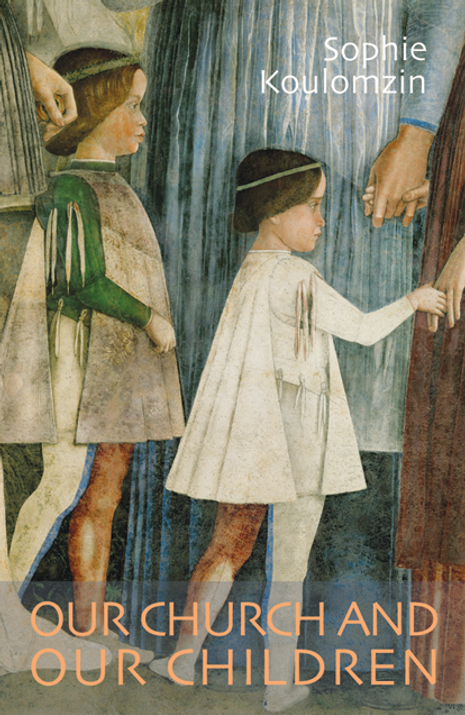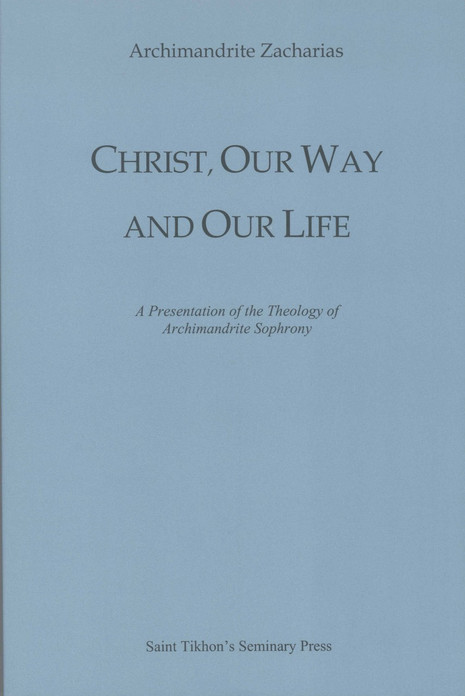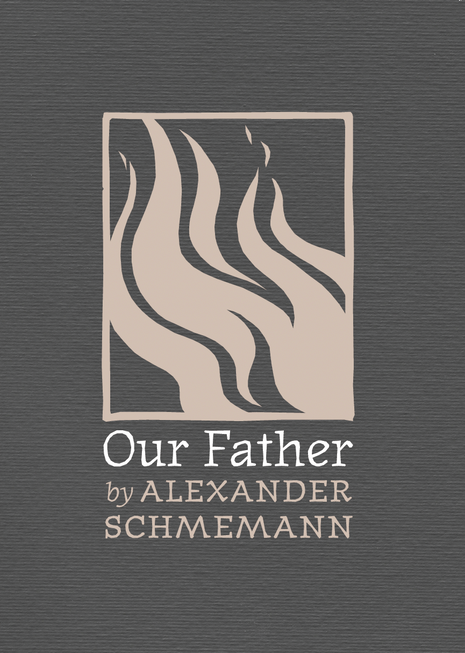The Church is not a static object; it lives in time, in history. This means that its past is not just a matter of fact. It also poses a challenge. Christians are obliged to take seriously the problem of historical change. They must reflect on what gives the Church its identity in time and space, even in the midst of change.
In this collection of essays, John Erickson investigates the ways in which concepts and issues relating to the Church's life have developed in the past and continue to challenge us in the present. Some take as their point of departure certain words--"canon," "priest," "heretic"--whose meaning and resonance have quietly but significantly shifted over the centuries. Others explore changes in words and images used to express mysteries like forgiveness and reconciliation, or to describe the Church's structures for unity and community. Still others examine in historical perspective the issues dividing Christians of East and West; they discuss not only the ways by which the Church's unity and continuity have been perceived and expressed over the centuries, but also the problems of disunity and discontinuity.
Underlying all these essays is the conviction that the Church cannot be adequately understood without reference to Tradition. But as Erickson shows, discerning this Tradition and its significance for the Church today is not an easy task. Tradition, he asserts, is not just another word for church history. It is not a neat collection of precedents from the past which can provide the answer to every contemporary problem. Rather, Tradition "reveals the Spirit at work in both past and thereby to respond to the challenge of the present."
About the Author: Fr John H. Erickson was Dean and Professor of Canon Law and Church History at St Vladimir's Orthodox Theological Seminary.






